Premium Only Content
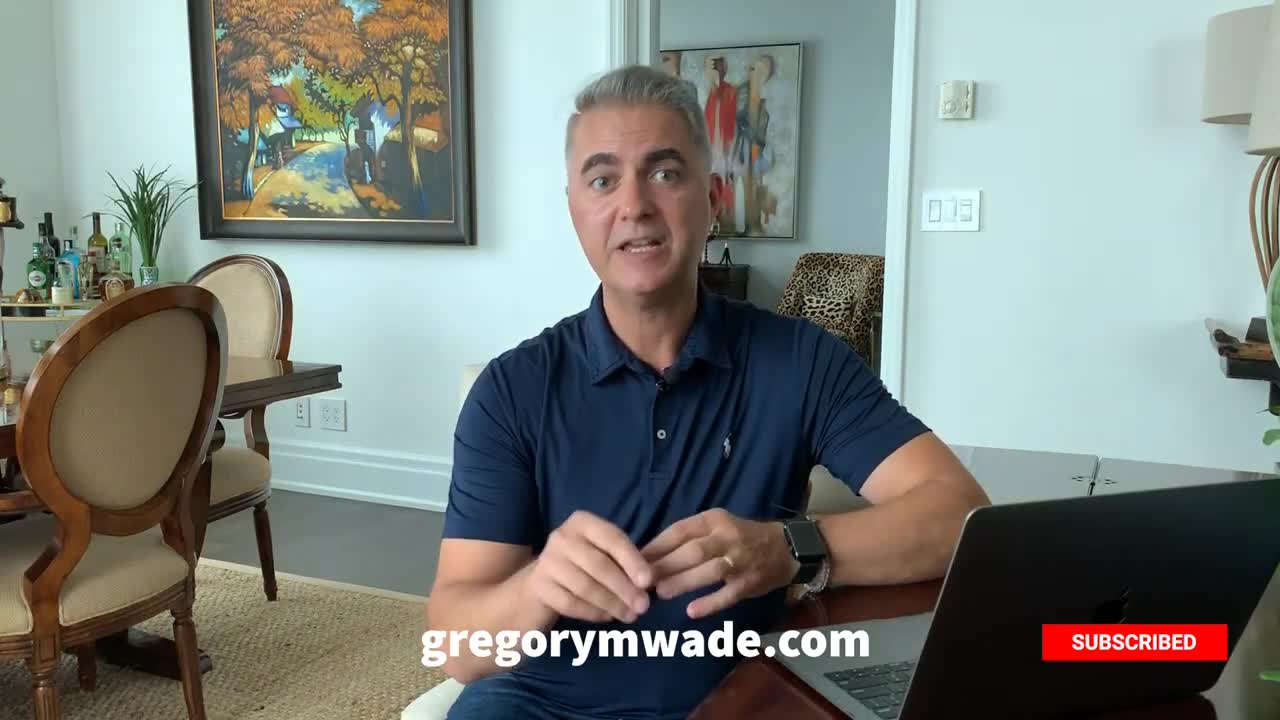
How do you deal with CONFLICT?
Whether at work or on your personal life, again, it's inevitable that you're going to run into conflict. The big question is, how do you deal with conflict amongst teams and amongst people? Well, as a leader, the number one most important characteristic or quality for you to demonstrate is that you are a facilitator, a moderator. You're not there to solve everybody's problems. And if you are a facilitator, then it's up to you to be able to bring the parties together to get to a point where they can establish some common ground, some shared values, and shared objectives.
Of course, many organizations aren't even able to get people to the table, because they have not instilled a high-performance team environment within their organization. So you can have conflict because people are shooting for different objectives. Now, how you're able to overcome that, of course, is by instilling that high-performance team environment, establishing common objectives and a common set of goals, so that everyone knows what they're after. So along with ensuring that you are the facilitator, bringing people to the table, it's important as well to ensure that you're focusing those individuals on thinking in solutions.
All too often, what happens in a conflict situation is that people are thinking in problems. They're bringing forward their own personal biases, their own personal concerns, and they aren't putting the needs and the requirements of the company and the team before their individual interests. That's, of course, inevitable, but again, as a facilitator, you can help them overcome that by challenging individuals who are in a conflict situation to think in solutions. That's a forward-looking perspective as opposed to a backwards and negative perspective, that many get stuck into when they're thinking in problems.
This is sometimes easier said than done. What do you do in a situation where you have a toxic leader or toxic individuals within the organization, who are just, for purposes of their own ego, digging their heels in, establishing that conflict, and not even allowing you to facilitate to get to the point where you have that common ground and that common perspective, that you are inching forward to getting to a point where you've got, again, an understanding as to what you want to be able to accomplish together as a team?
It's unfortunate, because there are way too many toxic people within organizations today, so the answer in many ways rests in what Simon Sinek's talked about, and that is one, as a leader, of course you can take some pretty dramatic steps and work with that individual to have them out the door, that toxic individual. You can highlight and isolate for them where their challenges and their shortcomings are, and challenge them to move forward and improve. And then of course, the third really is that you can accept the situation, but accept it knowingly, and understanding, and recognize that you still are in control, but that toxic leader is going to add some of his or her toxicity, unfortunately, to the company, and you've got to be able to balance that out with your leadership style, and your aspirations, and bringing other positives back into the company. That's the least desirable.
I'm in the midst of watching Showtime's The Loudest Voice. It's all about Roger Ailes. There's one scene in the last episode I watched, and Ailes is berating the team. It is unbelievable. Now, he's establishing some objectives, he's trying to challenge people to rise to their A-game, but he's injecting a whole bunch of conflict and toxicity into the environment.
The big question is, what do you do in those situations? Of course, you can make the decision to stay, as toxic as it is, but you do so knowingly and within your own power, recognizing that you can make a decision to change, leave, at any point in time. And I know there are always challenges there, whether economic, family or even political, but at the end of the day, you want to make sure you've got the power in that situation to make a decision to change. Of course, you can always wait it out. That toxic leader will inevitably crash and burn. Then, you know, the last really is that you make that decision to change and move on. But that's, again, easier said than done.
The most important aspect of conflict, getting right back to what I talked about at the outset of this video, is taking the high road, being that positive individual, that positive leader that sets the tone, bringing people together for a common purpose and common objective, and in situations of conflict, facilitate, moderate, bring people closer to the point where they have a common set of values and objectives that they're shooting for, underline that with the importance of a high-performance team, and I can guarantee you'll be in a situation where you have a lot more harmony than you do conflict.
-
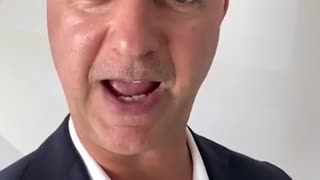 3:32
3:32
TheDefender2021
3 years agoHow do you deal with adversity?
17 -
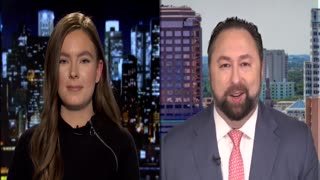 4:21
4:21
One America News Network
3 years agoAbrams' Conflict of Interest with Jason Miller
6.91K19 -
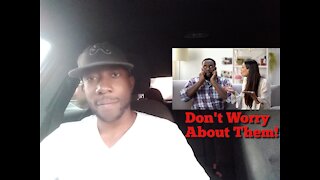 12:28
12:28
KennyEvans
4 years agoHow To Deal With Haters
44 -
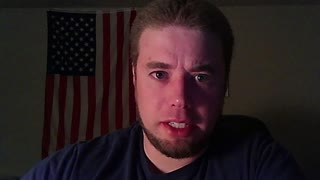 6:36
6:36
The Texas Dano
4 years ago $0.09 earnedHow People Deal with Change
1.31K2 -
 3:14
3:14
True American
3 years agoThings I deal with.
85 -
 2:11
2:11
Munroe
4 years agoHow to deal with a tailgator?
803 -
 24:11
24:11
@GreggHuestis67 & Thecitizenjournalist.news
4 years ago $0.02 earnedAmerica THIS Is How You Deal With Authoritarianism!
91 -
 22:34
22:34
Getting An Ex Back
3 years agoHow To Deal With Anxiety After A Breakup
70 -
 1:36:13
1:36:13
The Quartering
2 hours agoBrett Cooper QUITS Daily Wire, Alex Jones WINS Lawsuits, White People Bad & More
49.6K25 -
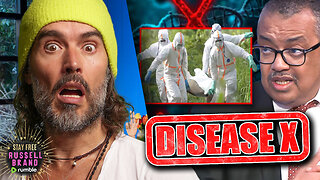 1:05:11
1:05:11
Russell Brand
4 hours agoPandemic 2.0? The Promise of Disease X - SF512
111K130